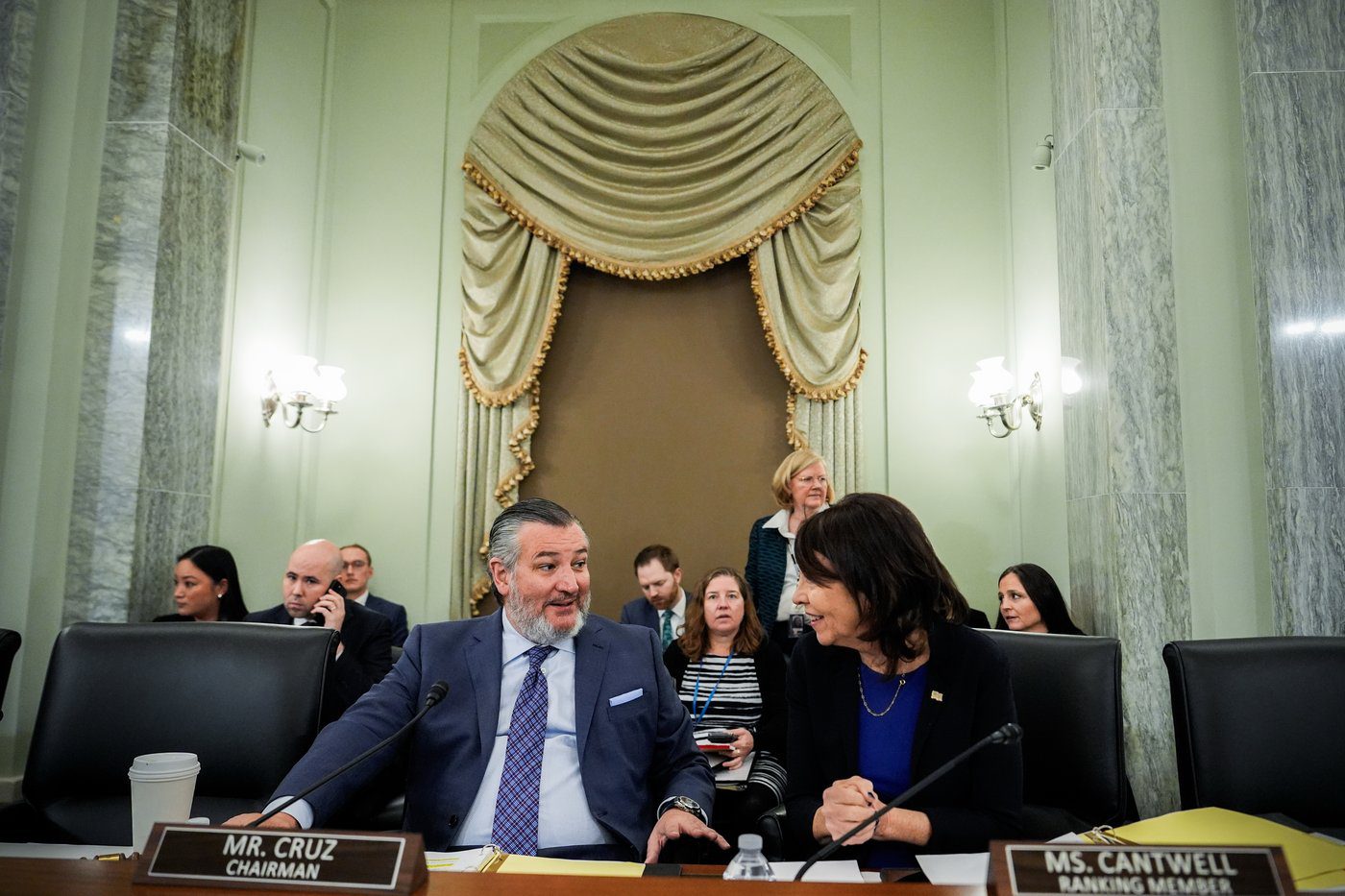SANTA FE, N.M. (AP) — A federal judge is ordering the release of an Iranian migrant and bodybuilder held by U.S. immigration authorities for over five months. Attorneys for Hamid Ziaei said Monday he was detained without apparent progress on deportation to a country other than Iran, where he fears persecution.
Ziaei’s attorneys told a judge in Albuquerque that he was being held in violation of due process protections at an immigrant detention facility in New Mexico nearly six months after being taken into custody at a check-in appointment with U.S. Immigration and Customs Enforcement in California.
“The (U.S.) government provided no evidence that there was any likelihood of Mr. Ziaei’s removal in the reasonable, foreseeable future,” said Rachel Landry, a staff attorney at Innovation Law Lab.
Court filings on Ziaei’s behalf say he fled Iran after speaking out against the government there, arriving in the U.S. in San Diego in January 2024. Though an asylum request was rejected, Ziaei was released in mid-2024 with authorization to work based on concerns he would be persecuted if returned to Iran. That type of provisional release is far less common than asylum and allows authorities to pursue removal to another, safer country.
He made a living in Irvine, California, in elderly care, food delivery and as a personal trainer before being taken back into U.S. custody in June.
In court documents, an assistant field officer for ICE said the agency’s Enforcement and Removal Operations division began vetting Ziaei for removal to a third country in August, and initiated procedures to “coordinate an interview with a foreign embassy that may accept him.”
The U.S. attorney’s office in New Mexico, which is representing immigration authorities, declined to comment on the case Monday. In court filings, immigration authorities argued that they have at least six months to make removal arrangements, under a 2001 U.S. Supreme Court ruling often invoked by immigrants detained for even longer.
U.S. District Court Judge Matthew Garcia said he would issue an order for Ziaei’s release within 24 hours, said Landry and fellow Innovation Law Lab attorney Tiffany Wang.
In a statement signed Dec. 2, Ziaei said his prolonged detention at the Torrance County Detention Facility has led to anxiety and panic attacks, while dental work for three tooth infections was deferred until release, and he lost weight and muscle.
“This will make it hard to earn my livelihood as an athlete in the future,” he said of the weight loss.
Morgan Lee, The Associated Press




